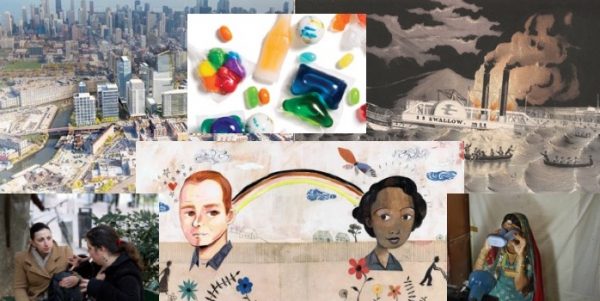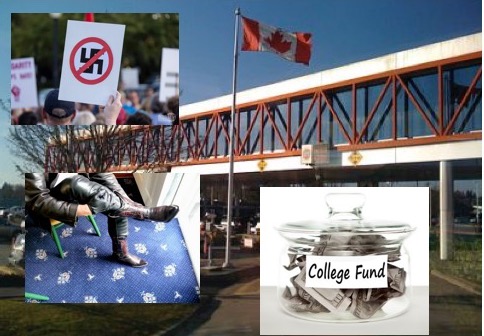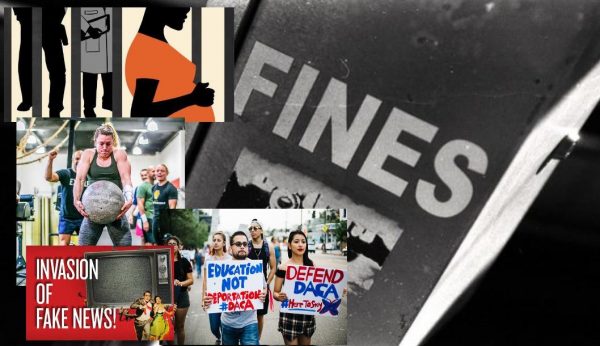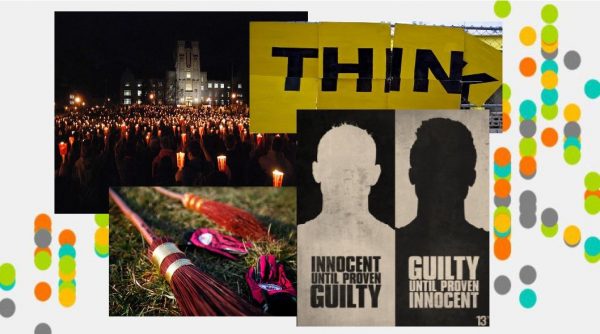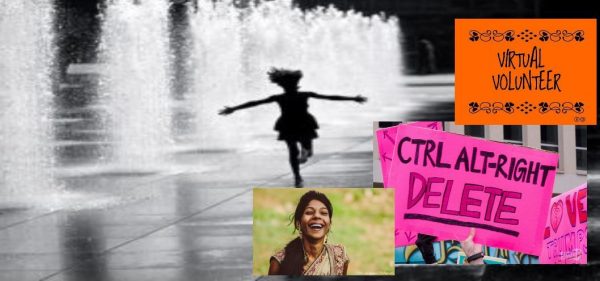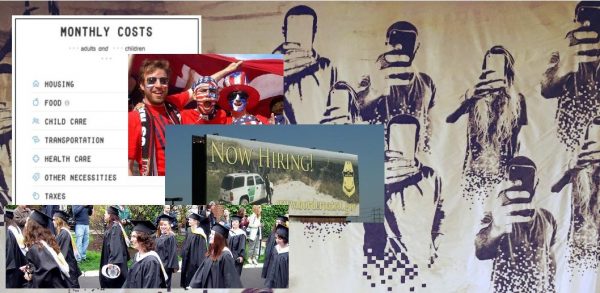Hi Folks! Evan here, subbing in for your usual Friday roundup from Allison Nobles. Read on for the latest social science on everything from big money and body cameras to student activists and a smash stage production in the Twin Cities. Happy Friday!
There’s Research on That!:
“When Youth Become Activists,” by Amber Joy Powell. Youth play a vital role in shaping social movements. Sociological studies on movements and young people’s mobilization help us understand the energy behind their activism.
Discoveries:
“Big Money Bridging the Political Divide,” by Evan Stewart. New research in American Journal of Sociology shows how longtime donors are more bipartisan than we think.
Clippings:
“Why Poor Parents Say “Yes” to Junk Food,” by Nahrissa Rush. In a recent op-ed for the Los Angeles Times, Priya Fielding-Singh explains that junk food consumption is an emotionally-rooted decision for impoverished parents.
From Our Partners:
Sociological Images:
“Are We Really Looking at Body Cameras?” by Evan Stewart
Contexts:
“Auditing macroeconomic data production,” by Andrew Kerner and Charles Crabtree
Council on Contemporary Families:
“Three Questions for Trevor Hoppe on Punishing Disease” by Arielle Kuperberg


